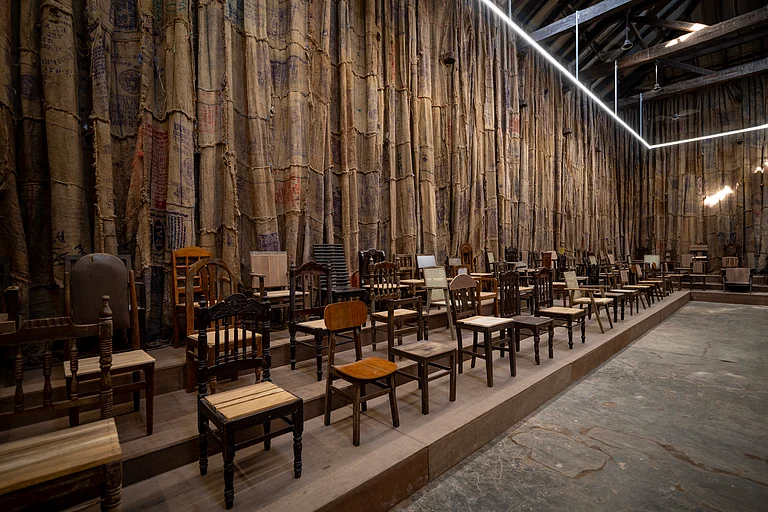King Charles III formally opened Britain's Parliament, setting forth the priorities of the newly elected Labour government. The center-left legislative agenda aligns with some of the king’s own longstanding commitments, including curbing climate change and fostering closer ties with the European Union.
Despite the contrast with last year’s agendas, the King maintained a neutral demeanor, reflecting his commitment to political impartiality, a core principle of Britain’s constitutional monarchy. His delivery, wearing the jewel-encrusted Imperial State Crown, underscored the seriousness of the political landscape.
"My government will govern in service to the country," Charles declared. "My government’s legislative program will be mission-led and based upon the principles of security, fairness, and opportunity for all."
The Labour government introduced 40 bills addressing various critical areas, a significant increase from the 21 bills presented by the previous Conservative government.
Here are some of the key policies proposed by the new Labour Government:
Planning Reform
A Planning and Infrastructure Bill aims to increase construction of houses and expedite approval processes for infrastructure projects. The bill will limit local opposition to new developments, emphasizing democratic engagement on how, not if, homes and infrastructure are built.
Workers' Rights
An Employment Rights Bill will ban zero-hour contracts, outlaw fire and rehire tactics, and strengthen workers' rights, including parental leave, sick pay, and protection from unfair dismissal. It also mandates flexible working as the default for new jobs and protects women from dismissal for six months after returning from maternity leave.
Economic Safeguards
A Budget Responsibility Bill will ensure any significant tax and spending changes undergo independent forecasting by the Office for Budget Responsibility, preventing repeats of unfunded tax cuts that previously destabilized financial markets.
Illegal Migration
A new Border Security Bill will grant law enforcement counter-terrorism powers to combat people-smuggling gangs, including stop-and-search authority and harsher penalties for smuggling-related activities.
Housing Reform
The Renters' Rights Bill will empower tenants to challenge unreasonable rent increases, abolish no-fault evictions, and end rental bidding wars, ensuring landlords cannot discriminate against families with children or those receiving benefits.
Financial Regulations
New financial legislation will promote the consolidation of smaller pension schemes, improve failed bank rescues, and strengthen the Financial Services Compensation Scheme.
Climate and Energy
Legislation will establish GB Energy, a publicly owned green electricity firm, with an investment of £8.3 billion to support capital-intensive projects and advance the nation’s green energy goals.
Railways
The government will bring rail franchises under state control upon contract expiration and enhance east-to-west connectivity in northern England.
Constitutional Reforms
Plans include reforming the House of Lords by removing hereditary peers' automatic right to sit and vote, aiming to modernize the parliamentary system.
Crime and Punishment
New measures will ban "ninja swords," crack down on shoplifting, and address public harassment and drinking.
Cyber Security
A Cyber Security and Resilience Bill will update regulations, mandating companies report cyber incidents, including ransomware attacks.
Devolution
An English Devolution Bill will grant local leaders more economic decision-making power, fostering balanced growth across the country.
Conversion Therapy
Legislation will ban conversion therapy targeting LGBTQ+ individuals, while ensuring legitimate psychological support remains available.
Smoking
The government plans to phase out cigarette sales, preventing anyone born on or after January 1, 2009, from legally purchasing cigarettes.
Private Schools
Labour intends to revoke certain tax breaks for fee-paying schools, redirecting funds to improve standards in public schools.




























